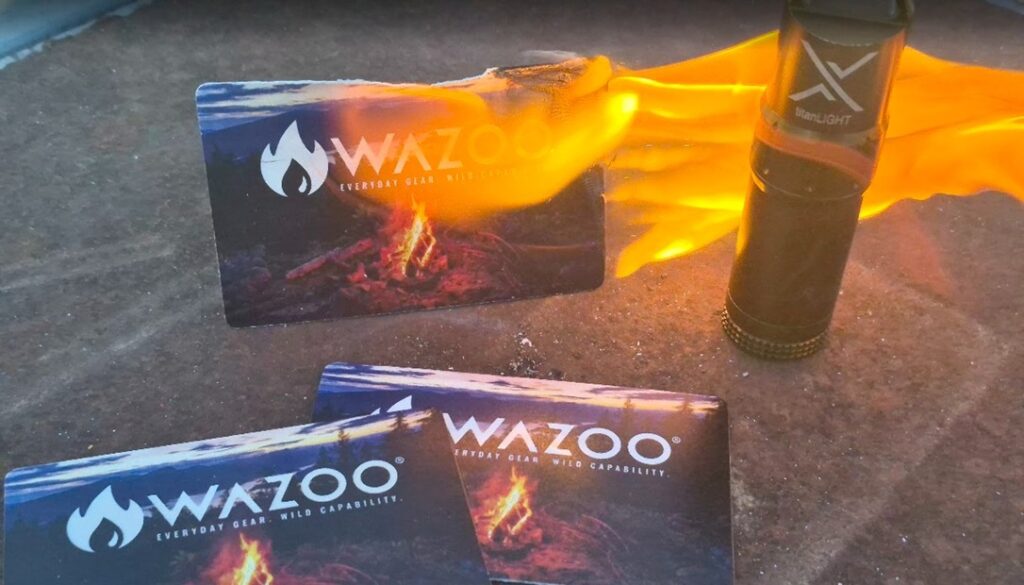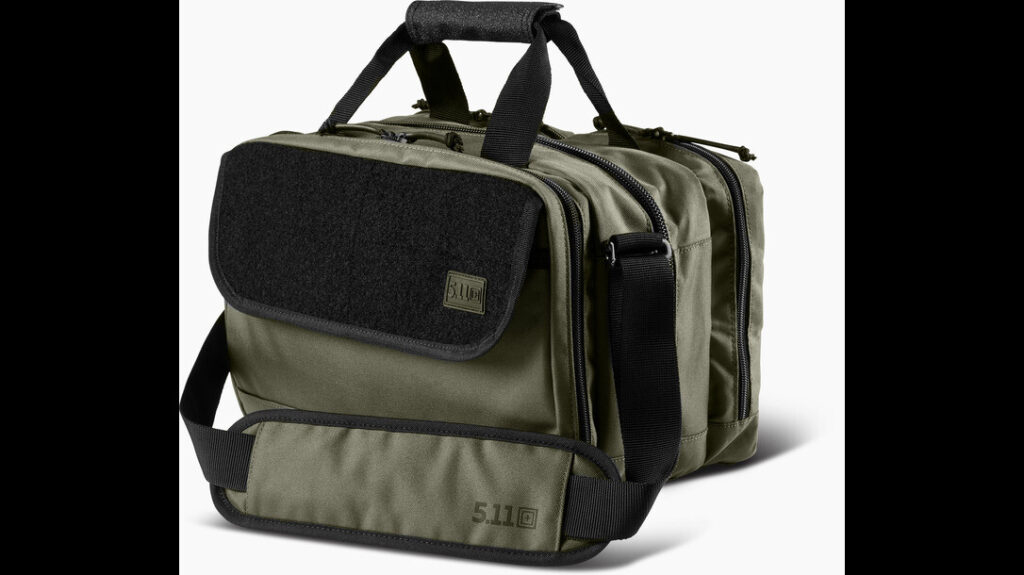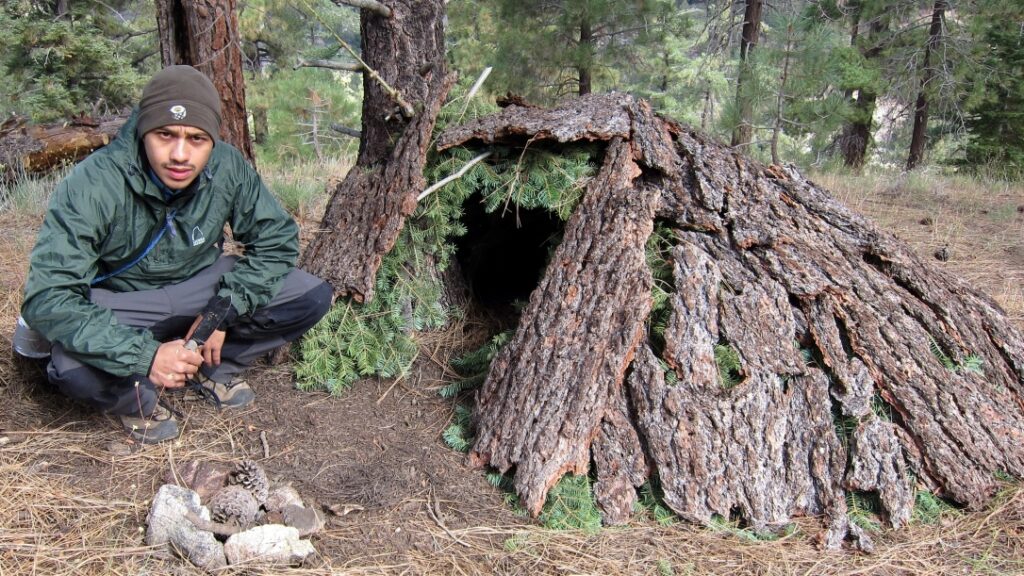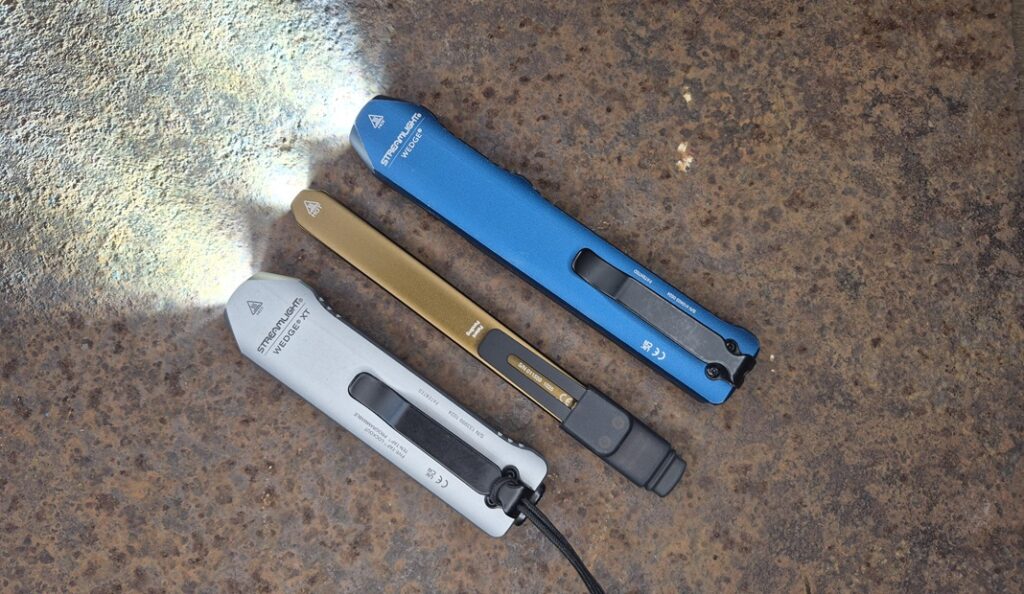Readers,
I’m certain nearly all of you have heard at least one truly absurd item emerge from the mouth of somebody at a gun counter.
It is honestly expected. Everyone has heard or picked up something as gospel that is entirely fictitious and being the helpful folks we are we enjoy sharing. This is usually as harmless as it is ridiculous.
Advertisement — Continue Reading Below
But not always.
Friends of mine run a gun store. They operate within a state that requires pistol registration.
Anything that is federally defined as a pistol legally must have the serial number and physical description on record with the state. Additionally any firearm that meets the state’s separate legal definition must be recorded.
Advertisement — Continue Reading Below
With that in mind a stripped receiver is its own entity. While legally a serialized firearm it is not complete and cannot meet a rifle or pistol definition. This does not stop the local authorities from trying to improperly classify it.
They received a call from their local LEO’s firearms records department informing them they were in noncompliance for selling stripped receivers without registering them as pistols. They politely informed the department that they were incorrect and the registry is required if and when the receiver is assembled into a pistol by federal or state definiton.
Advertisement — Continue Reading Below
Just to be certain they called the state firearm authority.
To which they received the answer ‘no, receivers do not need to be registered’.
Advertisement — Continue Reading Below
Correct.
‘Receivers are not firearms’
Incorrect. Receivers are absolutely firearms in the eyes of the federal firearms authorities, thus they are serialized. But they are not rifles or pistols. They are an ‘Other Firearm’, which covers serialized frames and receivers.
Advertisement — Continue Reading Below
So after this second piece of incorrect information from an authority within the departments who are supposed to know they talked to a state supervisor.
‘You have to be 21 to buy firearms in the state so it does not matter if it is registered or not’.
Nothing in that conveyance by the state supervisory authority on firearms is correct, spoken to a Federal Firearms Licensee whose very businesses’ existence depends on proper compliance with the law. Nothing.
Advertisement — Continue Reading Below
In the state in question the legal age for ownership is 18. Both pistol and rifle can be purchased at 18 unless federal law states otherwise, like in the cases of NFA items or purchasing a pistol from a FFL.
Receivers, since they can become pistols or NFA items upon completion, fall into the law federally as necessitating 21 years of age.
And registration matters.
Advertisement — Continue Reading Below
Having a firearm that the state requires to be registered that is not can be legally quite expensive and result in the firearm’s confiscation and possible forfeiture. The state’s definition of a pistol must be adhered too in addition to the firearm’s federal definition and those definitions are drastically different. If the firearm meets the state’s definition it must be registered regardless of the federal definition. This additionally confers the legal benefits of the firearm being a pistol within the state.
Registration absolutely matters.
Advertisement — Continue Reading Below
We don’t need to trust in the random firearms knowledge of the random strangers at the firearm store. Or the range. We can trust but verify with very little risk, unless it gets legal. In that case always verify.
But when that verification is so blatantly wrong? What do you do then? Who watches the watchers, especially when their business is on the line? Do you take the false and at times illegal advice from the legal ‘authority’?
No.
You comply with the law. Not the random book keeper(s) who should not be on the FAQ line with bad info. Verify, verify, verify.
Credibly.
Lawyer.















